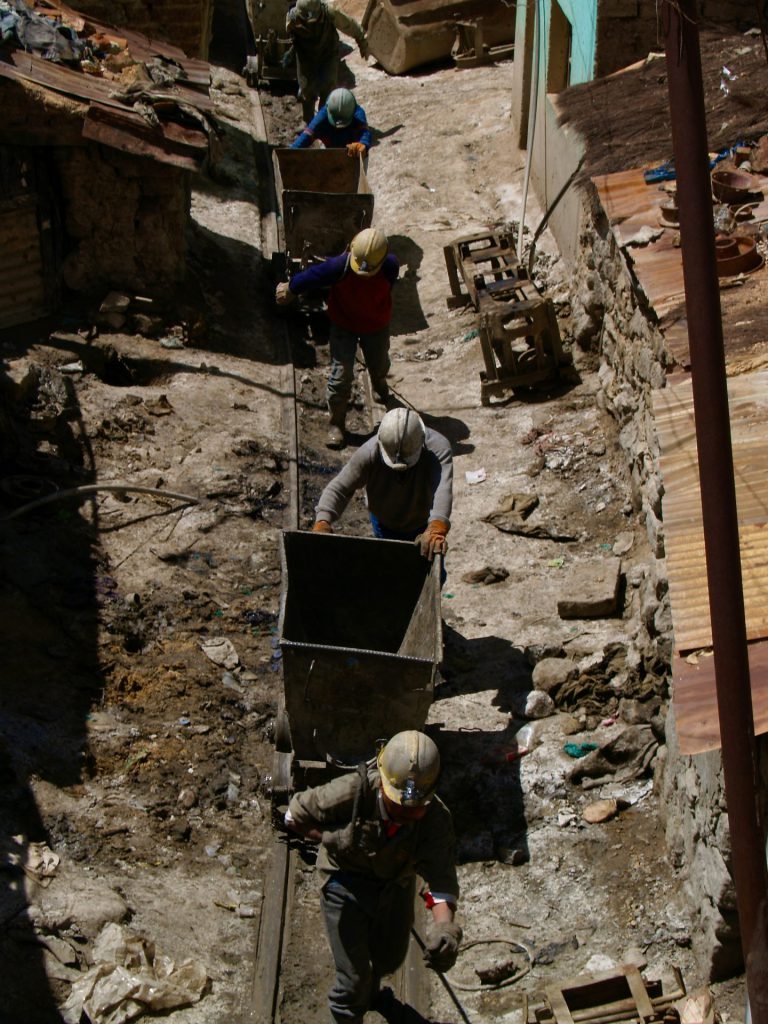1. Empowering Artisanal Miners: Unearthing Opportunity:
Imagine a world where small-scale miners, often marginalized and exploited, have access to fair trade practices and sustainable mining techniques. This isn’t a utopian dream; it’s a reality achievable through inclusive trade initiatives. Empowering artisanal miners not only improves their livelihoods but also injects ethical and responsible practices into the supply chain, ensuring the responsible extraction of precious metals and minerals.
2. Fueling Innovation: A Catalyst for a Greener Future:
The transition to a clean energy future requires a diverse range of resources. From rare earth elements for wind turbines to lithium for electric vehicles, the demand for sustainable and ethically sourced materials is skyrocketing. By integrating small-scale producers and artisanal miners into the supply chain, we diversify the resource pool, fostering innovation and accelerating the development of clean technologies.
3. Preserving Cultural Heritage: More Than Just Gems:
The metals and minerals trade isn’t just about commodities; it’s about cultural heritage. Indigenous communities often possess unique knowledge and practices for extracting and utilizing natural resources. Inclusive trade recognizes and values this cultural heritage, ensuring its preservation and transmission to future generations. This not only enriches the industry but also fosters a deeper understanding and respect for diverse communities.
4. Building Resilience: A Network of Strength:
The global resource landscape is susceptible to disruptions, from geopolitical instability to natural disasters. By integrating small-scale producers and artisanal miners into the network, we build a more resilient supply chain. Their local knowledge, adaptability, and traditional practices can provide invaluable backup in times of crisis, ensuring the continued flow of critical resources.
5. Bridging the Gap: From Local Mines to Global Markets:
One of the key challenges faced by small-scale producers is access to global markets. Inclusive trade initiatives focus on breaking down barriers and creating opportunities for these producers to participate in the global economy. This can be achieved through streamlined trade regulations, capacity-building programs, and partnerships with larger companies, ensuring that local resources reach a wider audience and benefit a broader community.
6. Shared Prosperity: Beyond Just Profits:
The empowerment of small-scale producers and artisanal miners goes beyond economic benefits. It fosters social development, improves livelihoods, and creates a more equitable distribution of wealth. By ensuring fair trade practices and responsible sourcing, we create a win-win situation for communities, businesses, and the environment, paving the way for a more sustainable and just future.
Conclusion:
An inclusive approach to the metals, minerals, and fuel trade is not just a social good; it’s a strategic investment in the future. By empowering small-scale producers, fostering innovation, and building a more resilient supply chain, we unlock the full potential of these critical resources while creating a more equitable and sustainable world. Let’s embrace this opportunity to build a future where the Earth’s bounty benefits all, not just a privileged few.

